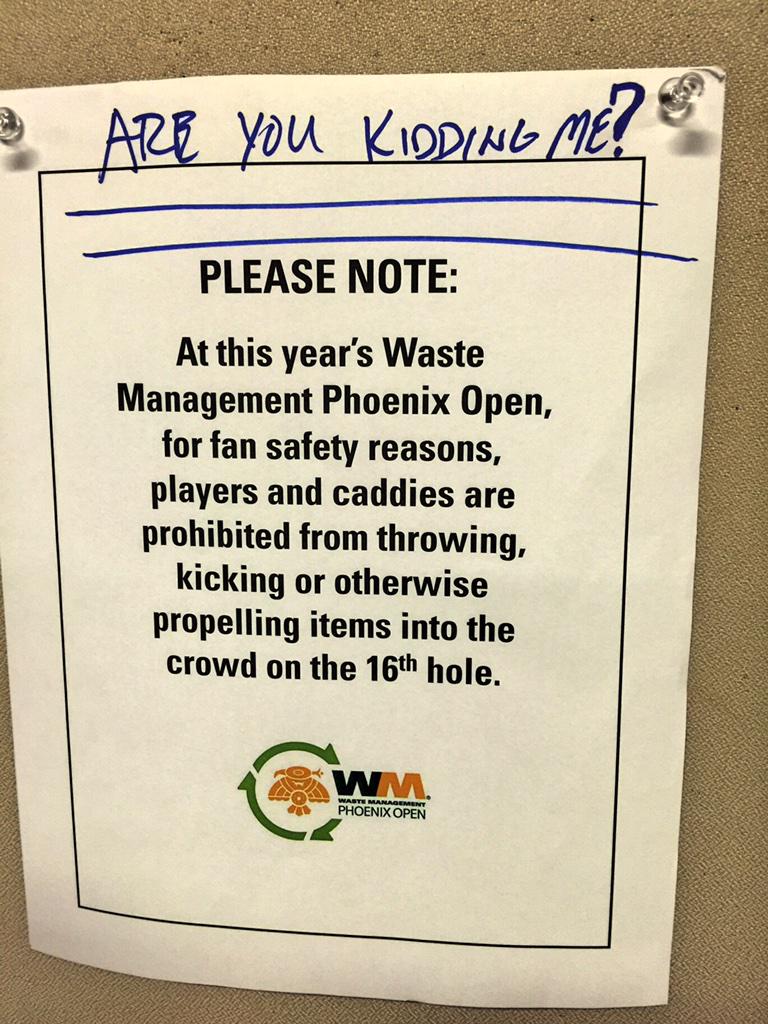Golf is a funny game. There is nothing in this world that compares to the feeling of a pure iron shot or a fairway-splitting drive, on the other hand, it may be impossible to be as frustrated as you are when you skull a ball and it dribbles three yards short of the ladies' tee. It's a game that will put you on the top of the world one minute and bring you crashing through the floor the next. Being good at golf is not a question of having a perfect swing, although it does help, but a question of having the proper mindset.
I went down to Miami recently to help my grandmother move into a new apartment. Admittedly, this makes me sound like a much better grandson than I actually am. In reality, it was about five degrees at home in Massachusetts and my payment for helping out with the move was all-you-can-play golf at the local nine hole track in Coral Gables, so its not as though I needed to be asked twice.
Now, as the title of this blog suggests, I'm not a great golfer, and this trip was no different. In fact, during one round, I stopped keeping score after the first hole because I figured it would probably be better for my health. I would say, on average, I spent more time on neighboring fairways than on the fairways I was supposed to be playing. During that two-hour session of mishits and poor putting, I didn't hit a single shot that I was proud of.
As any golfer will tell you, there's nothing more demoralizing than a round that's bad from the first tee to the last green. That day was no different, and by the fifth hole, I'd already made my decision to go round again, so I immediately went into the clubhouse upon finishing to pay for my emergency nine. However, when I told the proshop worker about my round, he said not to worry about paying and to just go tee off. Now, it wasn't a particularly busy day and he may have just recognized me from earlier, but some part of me thinks that he knew I needed the extra nine to keep me from quitting golf (again). So I thanked him and off I went.
I won't sit here and tell you I went off and beat the course record on that nine, but I did take a minute to rest and regroup before I teed off, and it made a world of difference. I probably only shot about eight or nine over par, which is an average round for me, but playing like that and even sinking a three-foot birdie putt after the nine-hole debacle I'd played that morning did me a world of good.
My problem, if you want to call it that, is that every time I tee up the ball, I expect to hit it straight. I don't know why, because if past experiences have taught me anything, the ball is going to take a hard right turn about halfway down the fairway. I think I watch more golf on TV than is good for me, which might be why every time I look down a fairway or stand over an approach shot, like an alzheimer's patient, I think, "yeah, I can play a thirty yard cut around these trees."
My point here is this, during that second round, I played better because I wasn't thinking about the bad shots I'd hit that morning. I focused on the shot I was playing and the shots I'd hoped would come after. It does not pay to have a long memory in a game like golf. If you're not careful, bad shots tend to pile up, which leads to poor scoring. The method that I have found to work the best is not to think positively or negatively. The best method is not to think at all. If my swing feels good before I hit the ball, I hit the ball. I don't think about the million things that could go wrong with my swing, just feel the shot and hit the shot. No thoughts, just action.
Dr. Kapil Gupta recently wrote an
article for GolfWRX that sums up this idea better than I ever could. It's a little dense, but an excellent read for anyone who overthinks and overanalyzes every shot. Remember, even a bad day on the golf course beats your best day at work.
Keep your head down.
